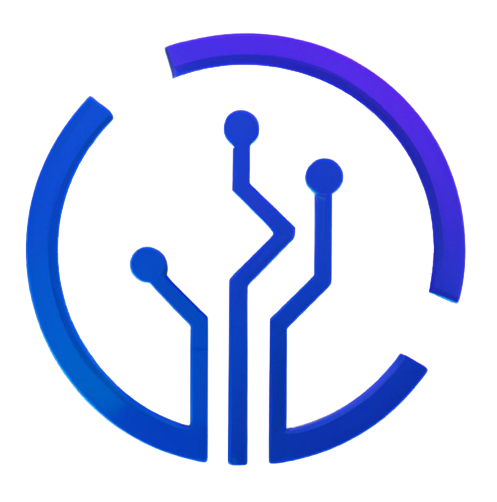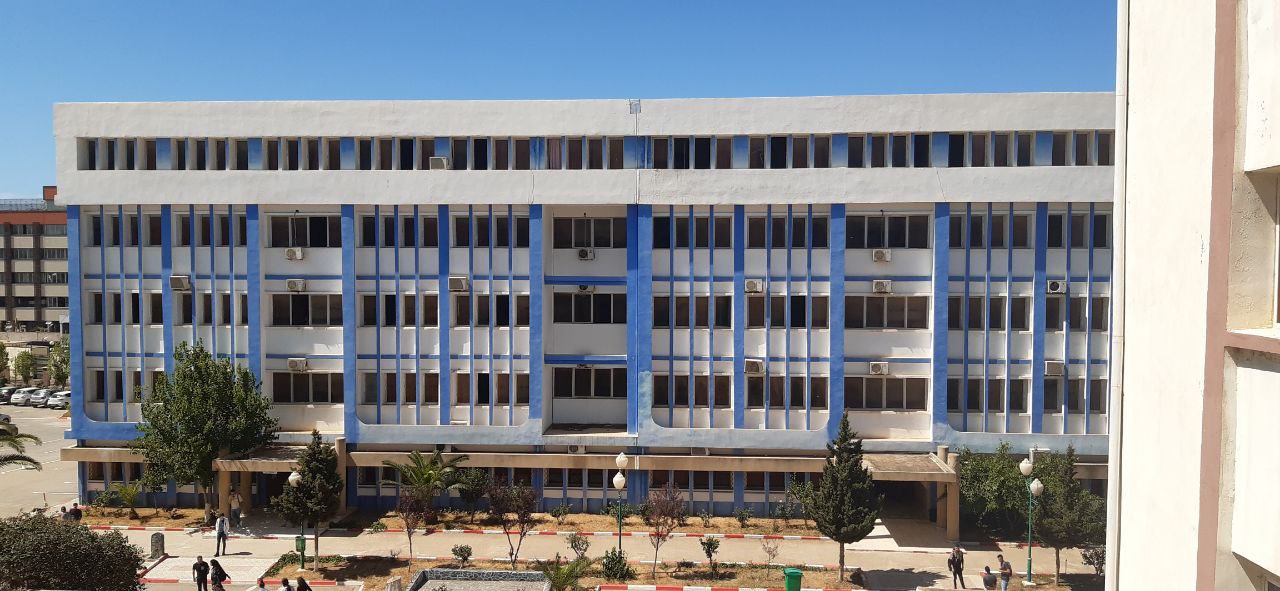 Institute of Electrical and Electronic Engineering
Institute of Electrical and Electronic Engineering
This is the beta version and the website is still under development. Please report any bugs to the developer.
beddrayane@gmail.com
 Institute of Electrical and Electronic Engineering
Institute of Electrical and Electronic Engineering

The institute of Electrical and Electronics Engineering has announced new updates concerning Master's degree programs. The updates brought huge changes to the modules of the 4 specializations, and they will take effect starting from the academic year 2024/2025
Here are the details of the revamped specializations in Power Engineering, Control Engineering, Computer Engineering, and Telecommunications.
Find the full details for each specialization below:
In the Control Engineering Master’s program, several courses have been reshuffled and new additions promise to enrich the learning experience.
First Semester:
System Modelling and Identification + Lab: This course has been rescheduled from the third semester, offering a fresh perspective on system dynamics.
Sensors and Actuators + Lab: A new course designed to deepen understanding in the realm of control systems.
Digital Signal Processing: Moved forward from the second semester to enhance early exposure to signal processing concepts.
Simulation Softwares for Control + Lab: Practical training in simulation tools for control applications.
Second Semester:
Applied Optimization + Lab: Introducing students to numerical methods and optimization techniques.
Applied Artificial Intelligence + Lab: A new course to explore the intersection of AI and control systems.
Nonlinear Systems and Control: Shifted from the third semester to offer insights into complex system behaviors.
Standards and Rules of Ethics and Integrity: A vital addition emphasizing professional conduct.
Elective Course: A chance to specialize further based on individual interests.
Third Semester:
Robotics and Control + Lab: Exciting new course to broaden expertise in robotics and control systems.
Industrial Networks + Lab: A course focused on industrial communication networks and protocols.
Adaptive & Predictive Control + Lab: Learn about adaptive and predictive control techniques.
Advanced Control Systems: Explore advanced concepts in control systems.
Project Management: Develop project management skills for control engineering projects.
Communication Skills: Enhance communication skills for effective collaboration in control engineering.
Elective Courses: Options include Electrical Systems Analysis and Design, Printed Circuit Board Design and Technologies, and Introduction to Renewable Energies.
In the Power Engineering Master’s program, several courses have been rescheduled and realigned to optimize the learning journey.
First Semester:
Advanced Electric Machines + Lab: Rescheduled for a deeper dive into machine dynamics.
Power Engineering Materials: A course focused on materials used in power engineering.
Digital Control Systems + Lab: Realigned to enhance understanding of digital control systems.
Digital Signal Processing: Moved to the first semester for early exposure to signal processing concepts.
Optimization + Lab: Blending numerical methods and advanced equations for a comprehensive understanding.
Second Semester:
Advanced Power Electronics + Lab: Enhancing learning continuity in power electronics.
Machines & Drives + Lab: Shifting to the second semester for better progression.
Power System Analysis + Lab: Reorganized to optimize the learning journey in power system analysis.
RAMS: A course focusing on Reliability, Availability, Maintainability, and Safety.
Standards and Rules of Ethics and Integrity: A new course emphasizing ethical practices.
Elective Course: Providing students with a choice for specialization.
Third Semester:
Power System Control and Operation + Lab: Enriching the program with practical applications in power system control and operation.
Protection Systems + Lab: A course focused on protection systems in power engineering.
Microcontrollers and Instrumentation + Lab: Exploring microcontrollers and instrumentation in power engineering.
Industrial Power Network with PLC + Lab: New chapters on PLC-based industrial networks.
Communication Skills: Moved earlier to enhance communication abilities.
Elective Courses: Options include Advanced Control Techniques, Artificial Intelligence Techniques, Renewable Energy, Power Quality, and Smart Grid technologies.
These updates signify a pivotal shift towards a more industry-aligned curriculum, ensuring that students are equipped with the latest knowledge and skills demanded by the dynamic fields of Control and Power Engineering.
Good Luck.